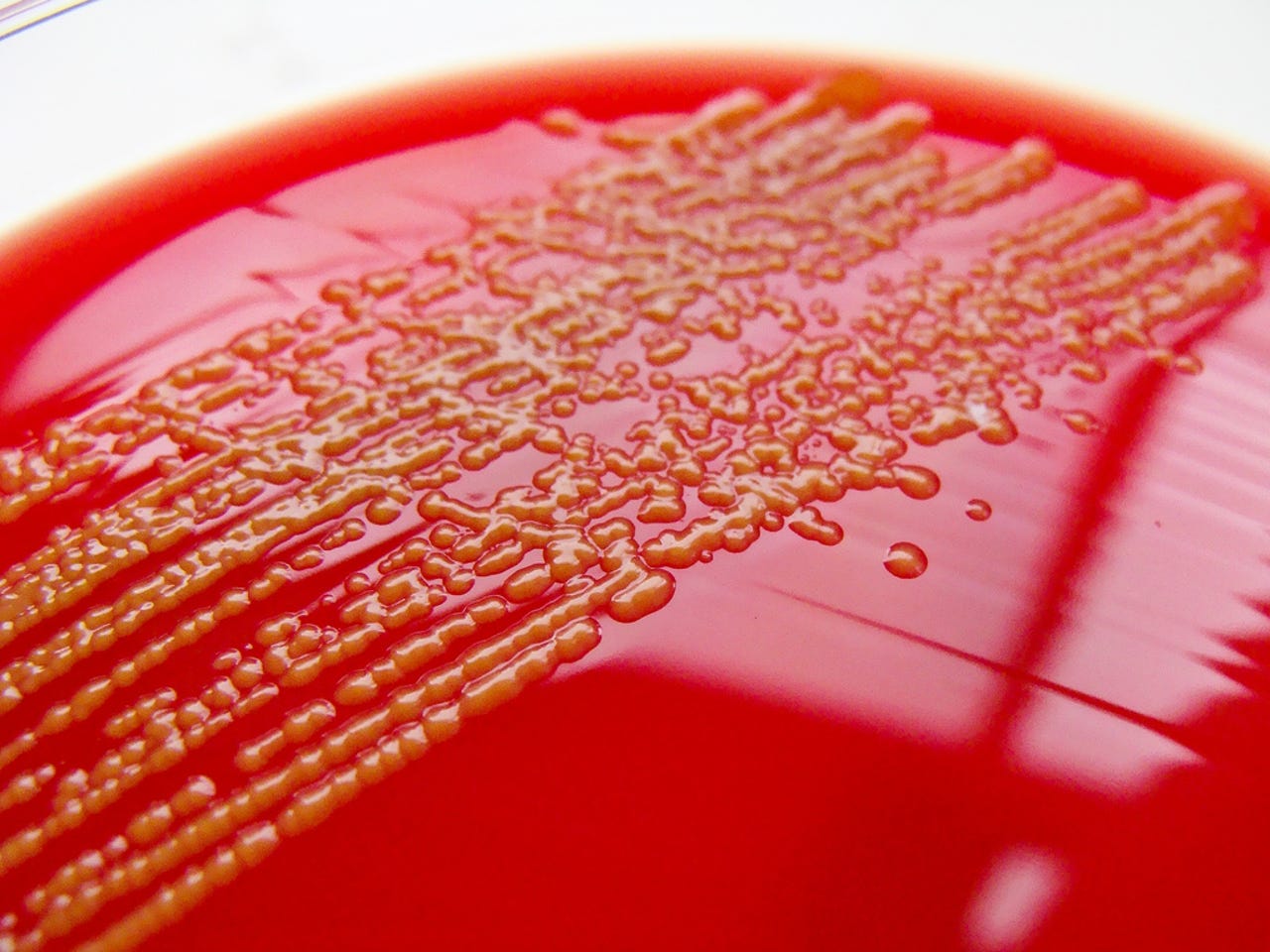Acid may hold the key to breakthrough stem cell research


In stem cell research, scientists have been battling to find an uncomplicated way to turn mature cells back to primitive states, so they can be used to develop in to any cell type in a body.
How do you do it? Give them a bath.
A Japanese-American team of researchers discovered that by giving mouse blood cells an acid bath, pluripotent cells -- the primitive kind used in stem cell research and tissue growth -- were produced. Blood cells taken from baby mice were briefly bathed in a moderately acidic solution less acidic than vinegar and were then returned to a standard cell culture medium. A week later, the cells that survived had reverted into an immature state.
Roughly 20 percent survived, and while they could only be kept alive for a few weeks, the phenomenon, named stimulus-triggered acquisition of pluripotency (STAP), could be tweaked to produce STAP stem cells which could be kept alive and proliferating indefinitely.
The team used white blood cells, but have found the technique also works on brain, skin and muscle cells, among others.
The findings were published last week in the journal Nature.
This transformation contradicts assumptions about cell biology and could lead to new ways to treat disease. In addition, the simple method to reprogram cells could be applied in regenerative medicine where doctors try to treat conditions such as diabetes, Parkinson's and Alzheimer's. However, more tests will need to be conducted to see if human cells will behave in the same way.
Via: Science Now
This post was originally published on Smartplanet.com